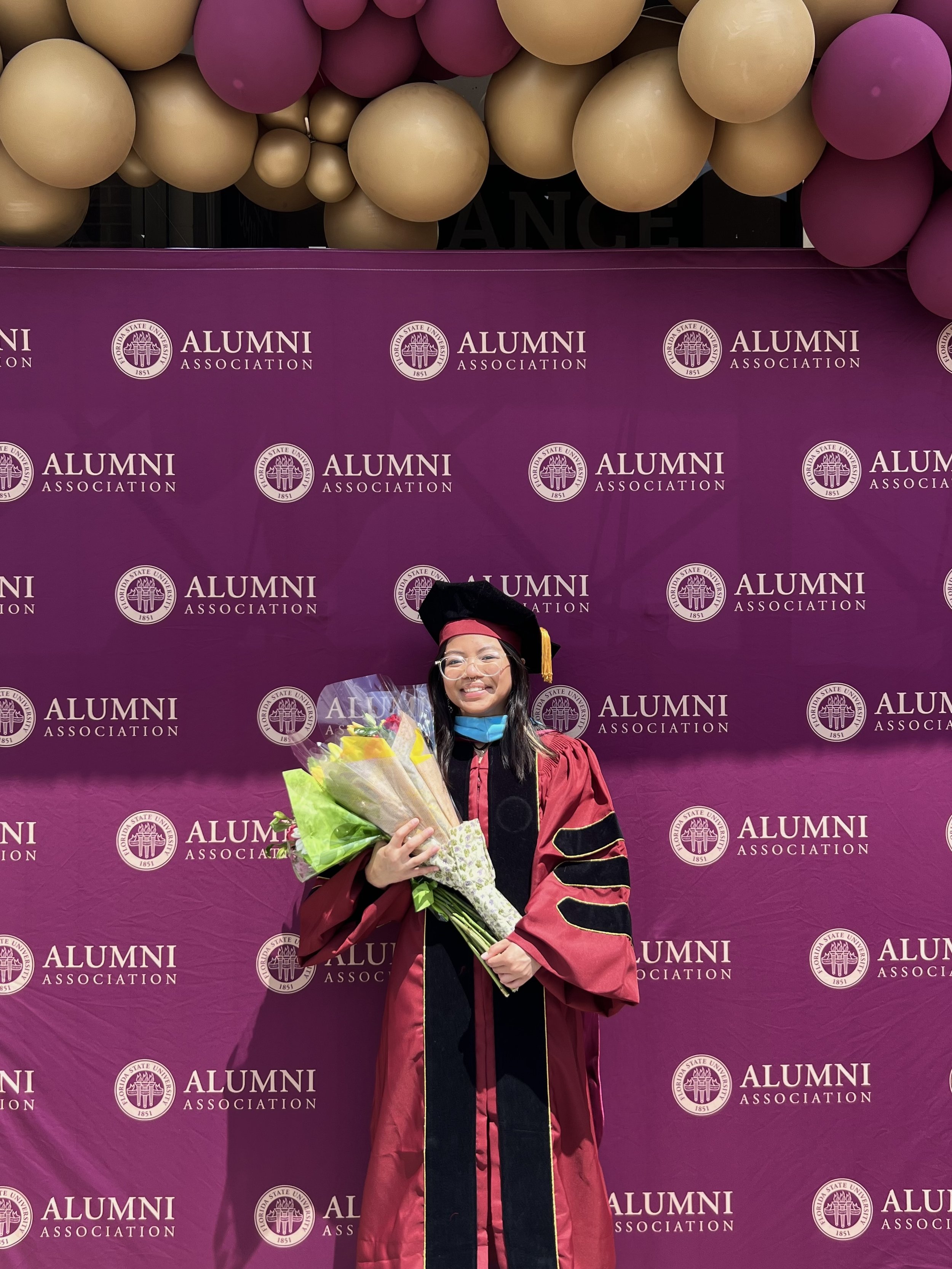Therapeutic Approach
Monina Lei Reyes, LPCC (she/her/siyá)
-
Narrative therapy can be a powerful way to explore and reshape the stories we tell ourselves about our lives. This approach acknowledges that our identities and experiences are deeply intertwined with the narratives we construct. I view you as the expert and author of your own story, with my primary role being one of guidance. In therapy, clients are encouraged to externalize their problems, viewing them as separate from themselves, which can be incredibly liberating. By deconstructing and reevaluating the dominant narratives that may be causing distress, individuals can gain new perspectives and insight. Narrative therapy focuses on co-creating alternative, more empowering stories that align with a person's values and hopes, thus facilitating personal growth and positive change. Through this collaborative process, clients become the authors of their own lives, transforming their relationship with their past, present, and future.
-
Liberation psychotherapy is a dynamic approach that acknowledges the deeply intertwined relationship between mental health and social justice. It recognizes that personal and collective liberation are interconnected and strives to address both. This therapeutic modality is rooted in the belief that oppressive social systems can have a profound impact on individuals' mental well-being. Liberation psychotherapy aims to empower individuals, particularly those from marginalized or oppressed communities, by helping them recognize and challenge the structural inequalities and systemic injustices that may contribute to their emotional struggles. We will work collaboratively to navigate the intersection of your personal experiences and broader societal issues, offering a safe and affirming space for you to find your voice and take action towards personal and social transformation. Emphasis is placed on resilience, self-determination, and the pursuit of justice as integral components of the healing process.
-
Therapeutic services that seamlessly blend identity exploration and inner child work can offer a nurturing and affirming space for Queer, Trans, Black, Indigenous, and People of Color (QTBIPOC) individuals. Our work acknowledges the unique intersectional challenges and experiences of QTBIPOC, while also recognizing the profound impact of early traumas and conditioning on one's well-being. Parts work in therapy involves the exploration and integration of different aspects or "parts" of a person's psyche. These parts can represent various aspects of the self, such as the inner child, the critical parent, or the wounded healer. Through techniques like guided imagery, dialogue, or creative expression, therapists help clients identify and understand these parts, often uncovering underlying emotions, conflicts, or beliefs. The goal is to foster internal harmony and healing by acknowledging and reconciling conflicting parts, ultimately promoting greater self-awareness, resilience, and emotional well-being. Parts work acknowledges the complexity of human experience and provides a framework for deep personal growth and transformation.
-
Emotion-focused couple/relational work in therapy focuses on understanding and addressing the emotional dynamics within relationships. Therapists help couples explore their emotional experiences, vulnerabilities, and patterns of interaction that contribute to conflict or distance. Through techniques like empathic attunement, validation, and emotion regulation skills, therapists guide partners to communicate more openly and effectively about their feelings and needs. The goal is to foster a deeper emotional connection, strengthen trust, and promote mutual understanding and support within the relationship. Emotion-focused therapy emphasizes the importance of emotions in shaping relationship dynamics and aims to create a safe and empathetic space where partners can repair and grow their bond.
-
Structured family/relational work in therapy involves a systematic approach to addressing issues within family or relational systems. This approach employs structured interventions and techniques to identify and modify problematic patterns of interaction among family members or within relationships. By mapping out relational dynamics, roles, and communication styles, systems are better able to understand how these elements contribute to conflicts or difficulties. The structured nature of the therapy sessions often includes setting clear goals, implementing specific strategies for change, and evaluating progress over time. This approach aims to improve communication, strengthen relationships, and foster healthier system functioning by providing a framework for addressing challenges and promoting positive interactions among members or relational partners.
-
The Gottman Method of couple/relational work in therapy is grounded in decades of research on what makes relationships succeed or fail. This approach emphasizes understanding the unique dynamics of each couple through assessments and observations of interactions. Therapists using the Gottman Method teach couples practical skills for communication, conflict resolution, and fostering intimacy. They focus on enhancing friendship, managing conflict constructively, and building shared meaning in the relationship. Through structured exercises and interventions, therapists aim to strengthen the foundation of relationships and promote long-term relationship satisfaction and stability.
“Let’s use our exclusion and invisibility as a power to create impermeable spaces for ourselves, unburdened by the ridiculous and biased premises of the dominant class. Let’s use our erasure from this rotten-to-the-core Western notion of humanity to build up a different “new world,” one that is not defined in terms of dichotomies or hierarchies or emotional death—but centered on love: one in which we accept ambiguity and difference, grounded in an expansive, limitless “we.””
Credentials & Experience
I am passionate and committed to the notion of being a lifelong student & learner. I am immensely grateful for the opportunities that have come my way - and eager for those that I have yet to cross paths with.
-
Master of Science (MS) in Clinical Mental Health Counseling - Florida State University
Education Specialist (EdS) in Counseling & Human Systems - Florida State University
Bachelor of Science (BS) in Psychology - University of Florida
-
National Certified Counselor - National Board for Certified Counselors (#1732852)
LGBTQ+ Centered Emotion-Focused Therapy (EFT)- Endorsed by the International Centre for Excellence in Emotionally Focused Therapy
Psychodynamic Beginnings for BIPOC Therapists - Dr. Bree McDaniel, PsyD
Gottman Level 1 Certification - The Gottman Institute
WPATH Standards of Care Training - World Professional Association for Transgender Health
-
American Counseling Association
Association for Multicultural Counseling and Development
Asian American Psychological Association
Division on Filipino Americans
Division on LGBTQ Issues
-
Dong, S., Reyes, M., Fissenden, S. (presented). Intersection of mindfulness and eating disorders for sexual and gender minorities. American Counseling Association Conference 2023.
Casseus, G., Reyes, M., & Reid-Marks, L. (accepted). Assessing the perception towards and utilization of mental health services at Historically Black Colleges or Universities (HBCUs). American Psychological Association Convention 2023.


